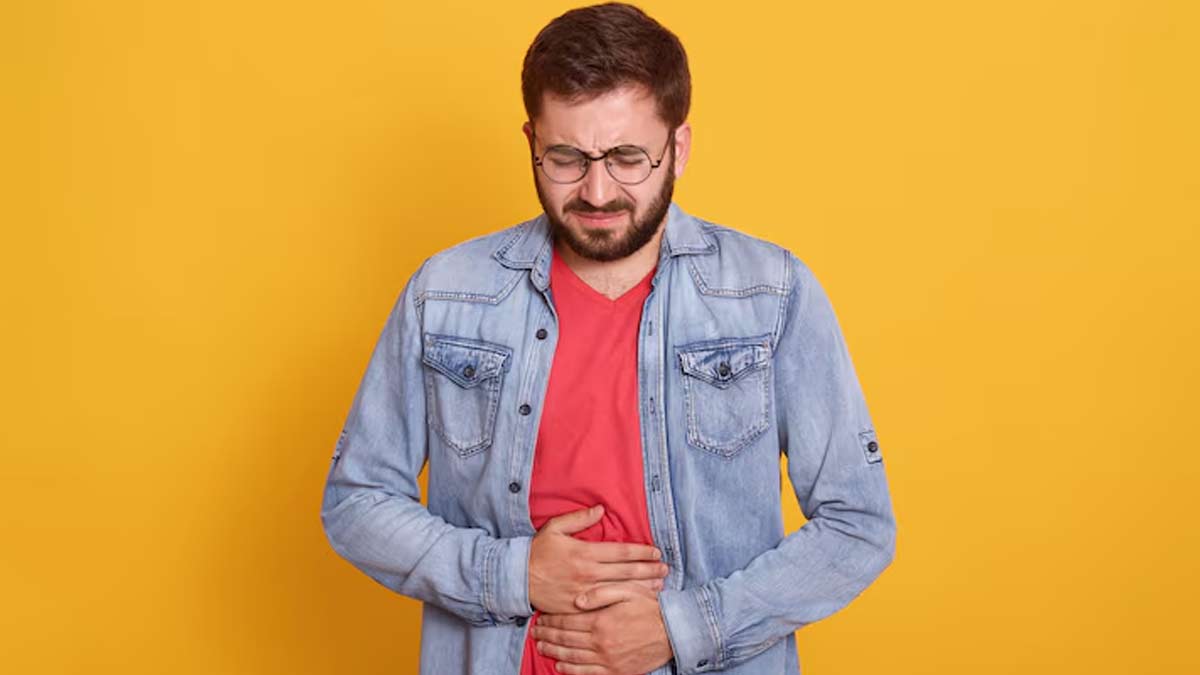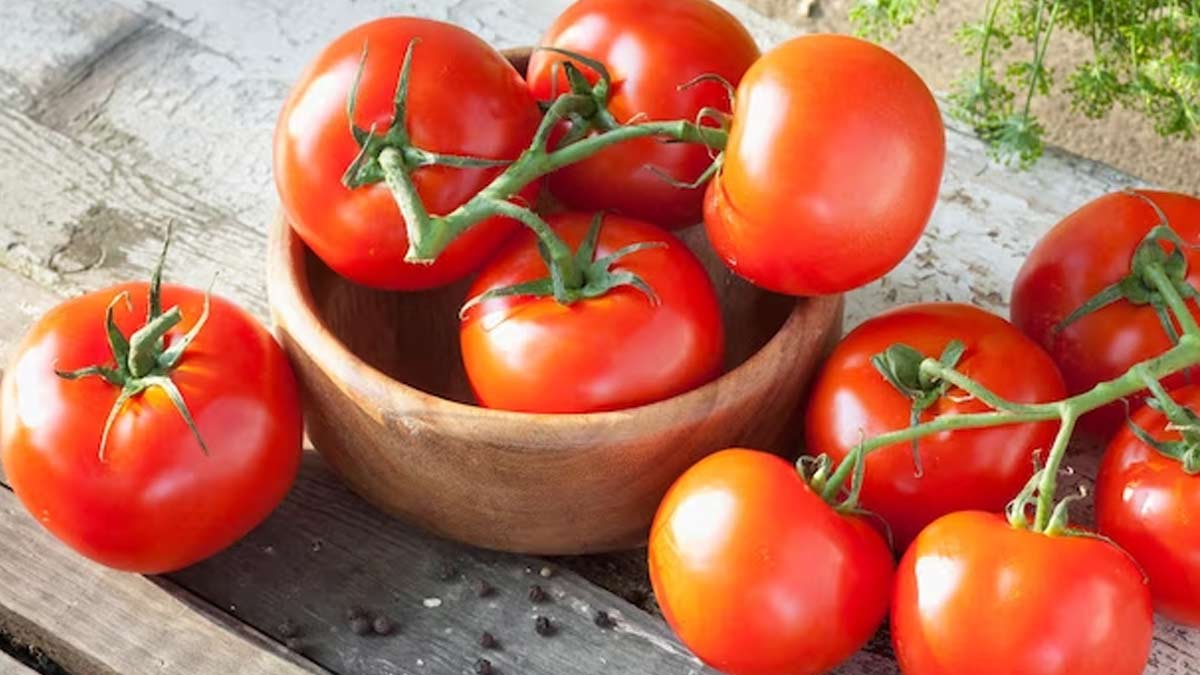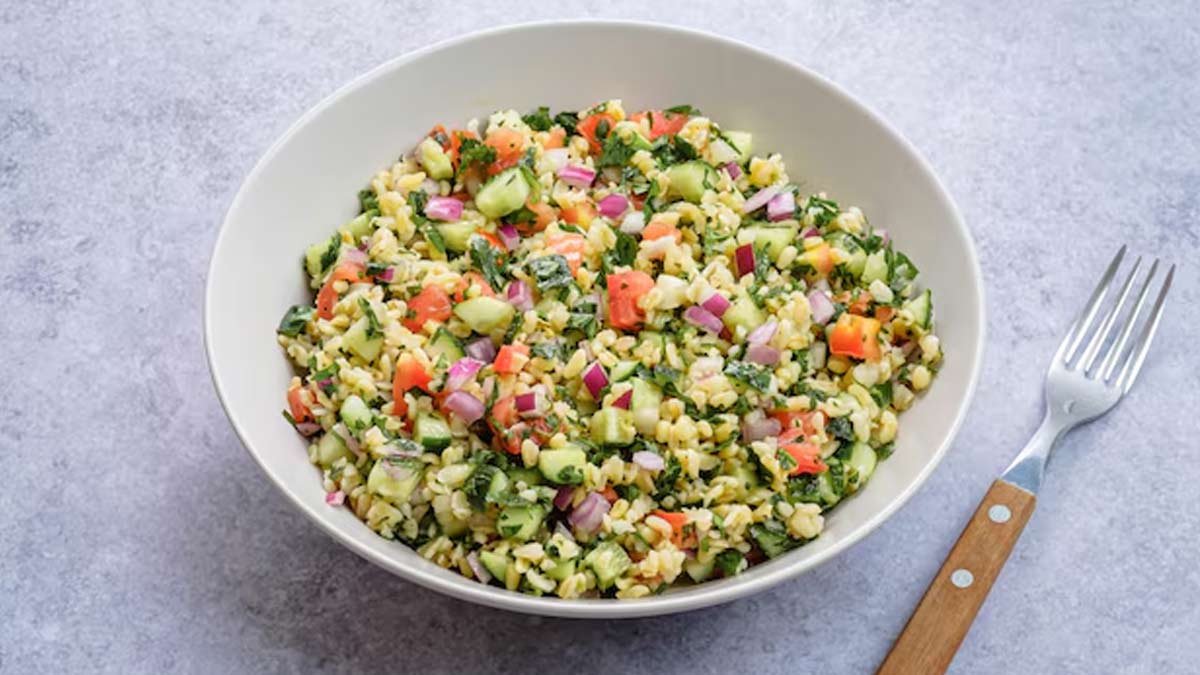
Food poisoning is a common yet serious issue that can affect anyone. It occurs when harmful bacteria, viruses, or parasites contaminate the food we eat. One of the simplest and most effective ways to prevent foodborne illnesses is to wash food properly. Some foods are particularly prone to harbouring pathogens if not washed thoroughly. Here are seven vegetables that can cause food poisoning if not washed properly.
Table of Content:-
Leafy Greens
Leafy greens such as lettuce, spinach, kale, and arugula are nutritious but can harbour bacteria like E coli, Salmonella, and Listeria. According to a study by researchers from the Central University of Rajasthan, the increasing number of disease outbreaks linked to leafy greens, caused by harmful E coli or Salmonella bacteria, especially those resistant to multiple drugs, has become a significant threat to global human health and food safety.
These bacteria can contaminate greens through soil, water, or improper handling. Always rinse leafy greens under running water and use a salad spinner or clean paper towels to dry them before consumption.

Fruits and Vegetables with Edible Skin
Fruits and vegetables with edible skin, such as apples, pears, cucumbers, and tomatoes, can carry dirt and bacteria on their surfaces. These contaminants can be transferred to the flesh when cutting or peeling. Wash these items thoroughly under running water and scrub gently with a produce brush if necessary.
Berries
Berries, including strawberries, blueberries, and raspberries, have delicate skins that can trap pesticides, dirt, and bacteria. Washing berries under running water and gently patting them dry with a clean paper towel can help remove contaminants. Avoid soaking berries as they can absorb water and become mushy.
Root Vegetables
Root vegetables like potatoes, carrots, and radishes grow in the soil, making them susceptible to dirt and bacterial contamination. Use a vegetable brush to scrub root vegetables under running water to remove soil and bacteria before cooking or consuming them raw.
Melons
Melons, such as cantaloupe, watermelon, and honeydew, have rough skins that can harbour bacteria. When cutting into these fruits, bacteria on the surface can be transferred to the flesh. Wash melons under running water and scrub with a produce brush before slicing.
Also Read: Here Are The Top Vegetables You Can Try For Making Healthy Juices

Sprouts
Sprouts, such as alfalfa, mung bean, and clover, are grown in warm, moist conditions that are ideal for bacterial growth, including E coli and Salmonella. As per the Centres for Disease Control and Prevention, in 1996, Japan experienced the largest documented outbreak of E coli infections in the world. During this outbreak, white radish sprouts were found to be epidemiologically linked to around 6,000 of the nearly 10,000 reported cases. Rinse sprouts thoroughly under running water before eating. To further reduce risk, consider cooking sprouts before consumption.
Herbs
Fresh herbs like cilantro, parsley, and basil can carry dirt and bacteria from the soil they grow in. Rinse herbs under running water and shake off excess moisture or pat dry with a clean paper towel before using them in your recipes.
Tips for Washing Food Properly
When talking about washing the food properly, try these practices:
- Use Cold Running Water: Rinse fruits and vegetables under cold running water to remove dirt and bacteria.
- Scrub Firm Produce: Use a clean produce brush to scrub firm produce like potatoes, melons, and cucumbers.
- Dry with Clean Towels: Use clean paper towels or a salad spinner to dry washed produce.
- Avoid Soap: Do not use soap or detergents on produce as they can leave harmful residues.
- Cut Away Damaged Areas: Remove any bruised or damaged areas on fruits and vegetables as they can harbour bacteria.
Also Read: Here Are 7 Vegetables That You Should Avoid In Summer
Properly washing food is a simple yet crucial step in preventing food poisoning. Leafy greens, fruits and vegetables with edible skin, berries, root vegetables, melons, sprouts, and herbs are particularly susceptible to contamination if not washed thoroughly. By following proper washing techniques, you can reduce the risk of foodborne illnesses and enjoy your meals safely. Stay vigilant and keep your kitchen practices clean to protect yourself and your loved ones from food poisoning.
Also watch this video
How we keep this article up to date:
We work with experts and keep a close eye on the latest in health and wellness. Whenever there is a new research or helpful information, we update our articles with accurate and useful advice.
Current Version